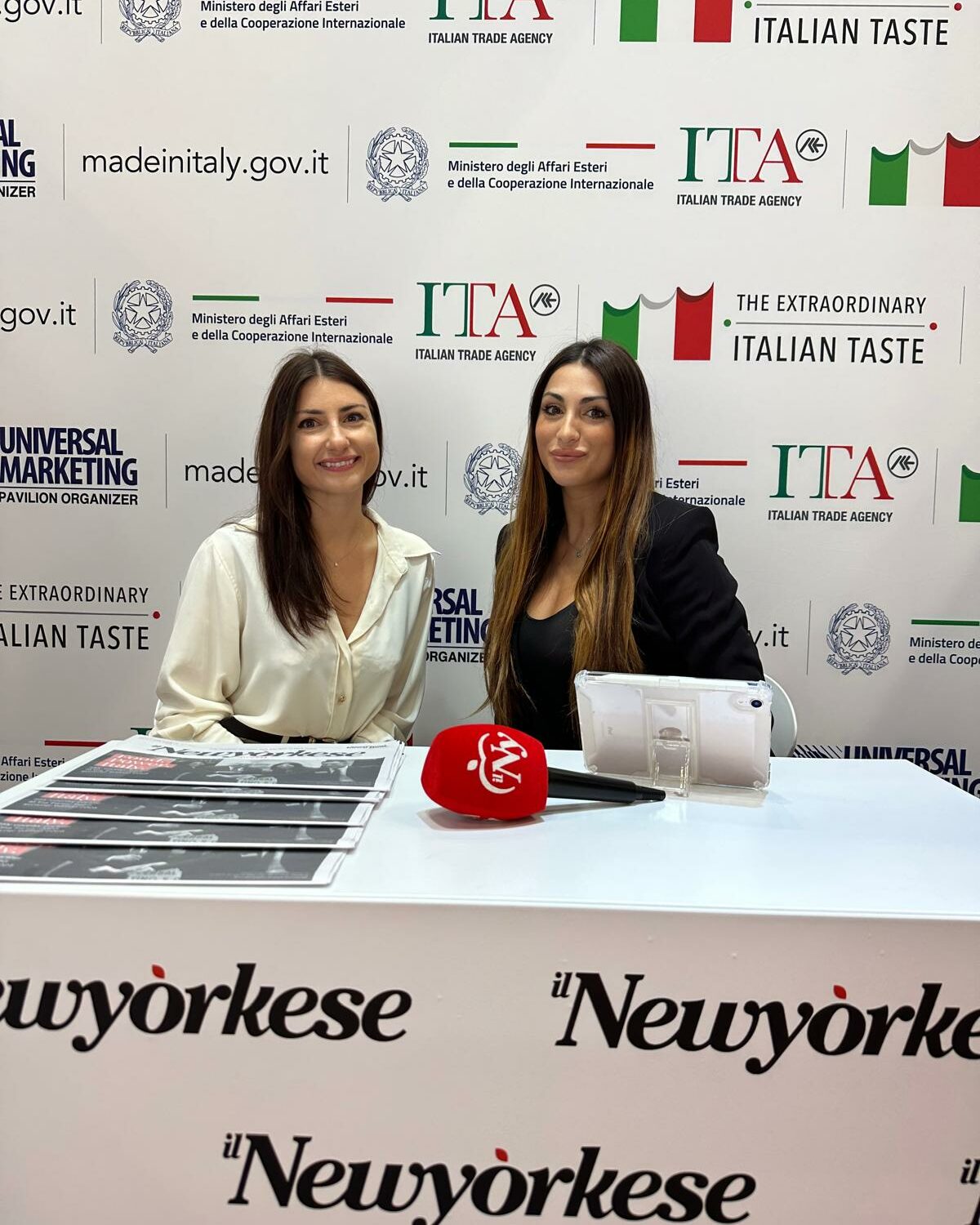After years in fashion and branding, Silvia Mella founded Sorate, a tea house inspired by Japanese atmospheres. A journey of personal and professional discovery that led her to create a unique space in the heart of New York City, where matcha becomes culture, experience and welcome
Hi Silvia, welcome! You are a young entrepreneur here in New York.
Not so young anymore!
You are young, come on! I know you founded a tea house called Sorate in the heart of New York City. So I’ll let you have the floor: tell us a little bit about your history with New York and your love affair with this project.
I came to New York 14 years ago. I started out working as a journalist and then moved into the fashion world, doing branding. My specialization was just that: branding, design, content.In 2018 I was a bit tired of the fashion environment and decided to take a trip to Japan. There I completely fell in love with the local culture, not only tea itself, but everything about design, education, the way people move and think.In Japan you find tea everywhere, kind of like in Italy you find coffee everywhere. So I started drinking tea in every place I visited. There are these tea houses surrounded by nature, beautiful, and that’s where I fell in love with those places.
When I returned to New York, I looked for a Japanese tea house to recapture that experience, but found there were none.
There were maybe the classic American concepts, like bakeries or coffee shops that offered matcha, which we later find out is the main ingredient in your business, but there wasn’t really a place that recreated that environment and experience.
That’s right. So I went back to Japan, found after some research a farm and started buying tea from them. I took care of the branding myself, since I came from that world, and launched Sorate online in 2020.Then Covid came along, but it actually didn’t go bad for us because ours is a health-promoting product and it was being shipped to our homes. Eventually, the pandemic helped consumers change their perspective and choose healthier products.
And how did it go from online to a physical concept? Because matcha is a product that, especially in New York, you can find in various places. It’s interesting, though, to understand what was the motivation for you to open an actual venue, a place where you can have an experience and not just buy a product.
My dream had always been to have a tea house reminiscent of those in Japan. Starting online was easier in the beginning, but that was the goal.When I started in 2020, matcha was not easily found. Someone was offering it, but with very low quality. People were starting to hear about it, but they didn’t know exactly what it was.In the last couple of years the matcha trend has exploded, but in the beginning the main job was just to educate the consumer: to explain what matcha is and how to use it, because there was no culture about it here.
So there has been a lot of preparatory work. You are definitely an example of female entrepreneurship: what were the biggest difficulties you had to face? And what, on the other hand, have been the greatest satisfactions? If we are hearing from other – I keep saying young – women who want to embark on an entrepreneurial path, what advice would you give them?
It is very difficult at first. It is difficult to be taken seriously, especially in a little-known field like mine. Getting people to understand that I was serious, that my idea had value, was complicated.But today there are huge satisfactions. The ones that make you say, “I told you I was right.”
So the advice is: if you have a dream, if you really believe in a project, you should pursue it. How is your American clientele responding today? Who are your customers: local, international?
Most are millennials, many also students. And I must say that most of the clientele is Asian. Then there are the neighborhood neighbors, the people who live nearby.Our place is run like it was a home, kind of like the old Italian trattorias, so people feel welcomed and comfortable.
The fact that many Asians come to your tea house is a great success, because it means that they have recognized an authentic value in what you offer, something that belongs to their culture and that they have found here. Let’s talk about future plans: what are the next steps for Sorate?
The immediate future is the opening of a second tea house. It will be in the Flatiron District, on 18th Street, exactly on Broadway.We are working on the design and construction of the place right now, and in two months it should open.Then the idea is to expand to other American cities.
Very good. Sorate is absolutely a must try. Silvia is a very talented Italian woman and I am sure the product is amazing.We invite everyone who listens to us to support this project. Thank you very much Silvia, thank you very much.
Thank you.
The article Silvia Mella: from fashion to tea, the Japanese dream that conquered New York comes from TheNewyorkese.

